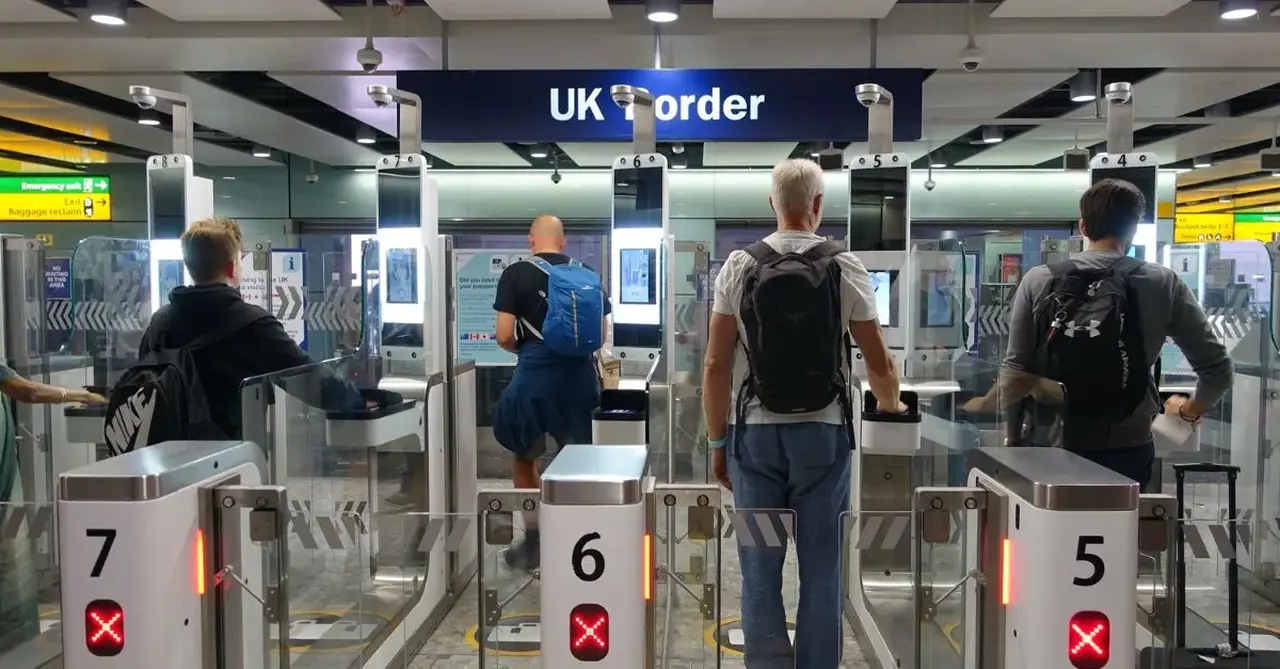UK government launches campaign to raise public awareness of EES
The UK government has launched an awareness campaign advising travellers to prepare for the incoming Entry/Exit System (EES).
Messages advising the British public about the introduction of the new EU border checks will be shared across government social media channels, by transport operators and on travel websites.
The EU will introduce EES for UK and non-EU nationals travelling for a short stay from October 12, after which it will be gradually implemented over a six-month period.
EES is an automated system that will require travellers to register at the border by scanning their passport and having their fingerprints and photograph taken.
More: More travellers aware of new EU travel rules, says Abta study
The scheme will be a requirement when entering Schengen area countries including Iceland, Liechtenstein, Norway and Switzerland. It will not be required when travelling to Ireland and Cyprus.
British travellers will need to register on their first visit to a participating country after EES is introduced.
This registration is valid for a rolling three-year period or until the passport expires.
Children under 12 will not have their fingerprints taken, but under the new EU rules, all travellers including babies will be photographed and have digital records created.
On exit, and for subsequent entries and exits to or from a participating country, travellers will only need to scan their passport and provide either their fingerprints or a photograph at the border.
The government said a phased introduction of EES “should allow for a gradual implementation that minimises disruption, particularly at peak periods”.
For travellers departing from juxtaposed ports – the Port of Dover, Eurotunnel at Folkestone or Eurostar at St Pancras International – the process will take place at the border before they leave the UK.
Checks are expected to take up to two minutes for each traveller, but the government said they “may lead to longer wait times at border control upon arrival in the Schengen area”.
Longer waits at busy times are expected at Eurotunnel, Eurostar and the Port of Dover, the government warned, adding these ports “have plans in place to minimise disruption as much as possible”.
A government spokesperson said: “While EES checks will be a significant change to the EU border, we are in constant and close dialogue with our European partners to try and minimise the impact on the British public.
“While we have done everything we can to ensure the required infrastructure is in place, anyone who is planning a trip to the European mainland once these checks are introduced will still need to allow more time for their journey as the new EU systems bed in.”


















